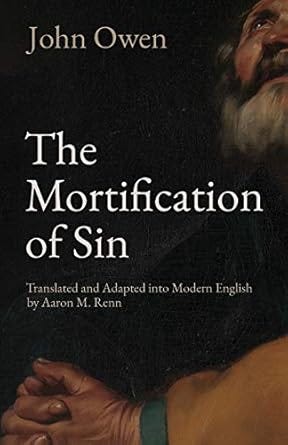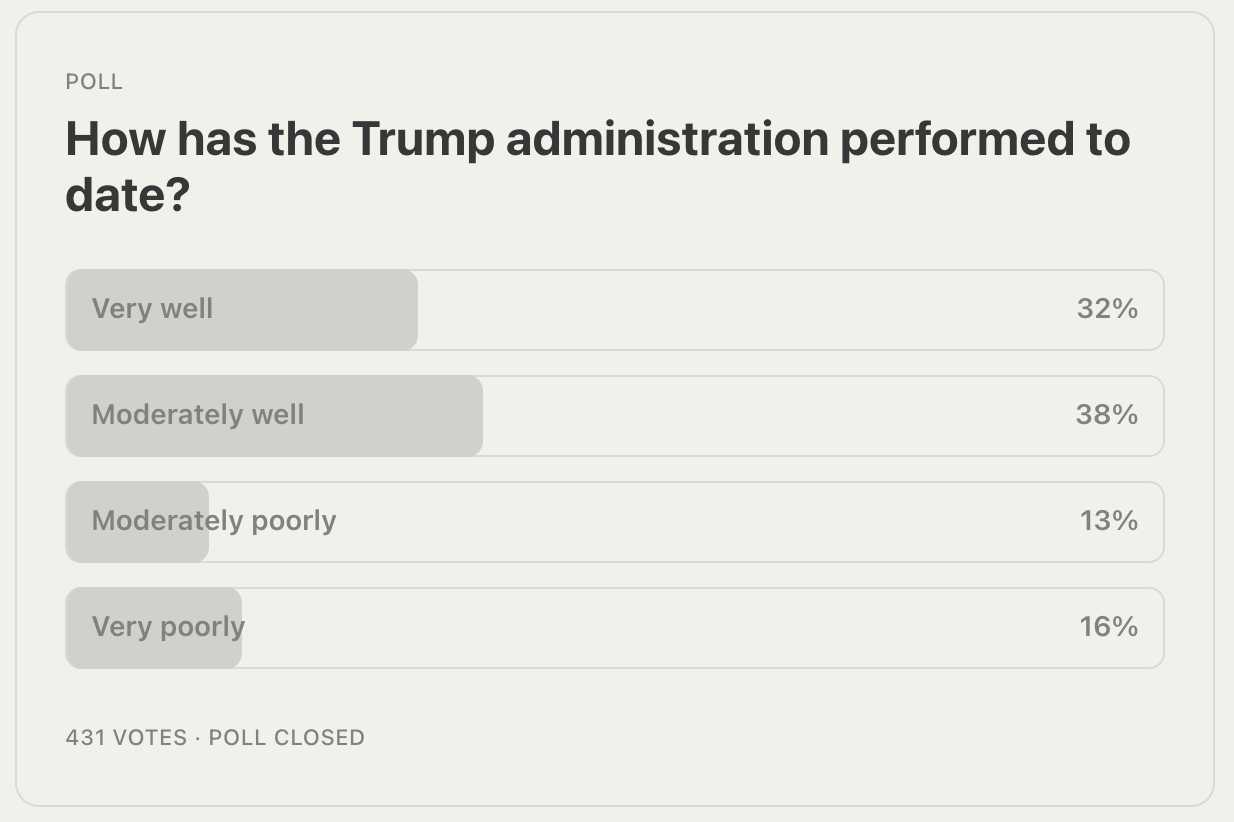Collapsing Conscientiousness
Changing personality traits, elites and Christianity, and more in this week's digest
The great data journalist John Burn-Murdoch at the Financial Times is out with another excellent if disturbing column about a steep decline in conscientiousness and other personality changes in young people.
He writes:
In fact, studies consistently find that traits such as conscientiousness (the quality of being dependable and disciplined), emotional stability or agreeableness have a stronger link with professional success, relationship durability and longevity than the links between those outcomes and someone’s intelligence or socio-economic background.
Of all personality types, conscientious people tend to fare best on a number of key measures. They live the longest, have the most career success and are less likely to go through divorce. They even manage to hold down a job during recessions. Intuitively, this makes sense. Life isn’t just about knowing what you should do, or having the resources to do it, it’s about following through. Being motivated and persistent is a huge help.
…
Digging deeper into the data, which comes from the Understanding America Study, we can see that people in their twenties and thirties in particular report feeling increasingly easily distracted and careless, less tenacious and less likely to make and deliver on commitments.
…
Collapsing conscientiousness is not the only personality shift visible in the data. Neuroticism — a function of the much-discussed increase in anxiety — has risen almost as much. Young adults also report feeling less amiable and outgoing. There’s a particularly steep drop shown in the latter during the pandemic, when young people bore the brunt of restrictions on contact in order to protect others from harm. In fact, long the most extroverted group in society, young adults are now the most introverted.
Here’s another crazy chart:
Click over to read the whole thing.
The Financial Times is the world’s best English language newspaper. Unfortunately, it has a hard paywall and is very expensive. I’ll provide as much of the piece as I can justify quoting under fair use.
I spend a small fortune on media subscriptions in order to keep abreast of the world and bring the best of what I find to you, including from the FT. Becoming a paid subscriber helps me pay for these tools that are critical to my work and the value I deliver to you.
The Vibe Shift on Christianity
The libertarian Reason magazine has an interesting piece on how the elite changed its mind on Christianity. The piece reads like a piece of Catholic propaganda vs. evangelicalism, though I believe the author is Anglo-Catholic, not Roman Catholic. Still, there’s some truth in these observations.
Of course, there are still vestiges of 2000s theocracy-inflected religious conservatism on the right—just look at the handful of states that passed laws or mandates forcing classrooms to display the Ten Commandments or stock Bibles—but they're undeniably more of a fringe element than they used to be. Instead, the Republican Party has adopted a distinctly areligious, distinctly mean posturing that's influenced more by Andrew Tate than Billy Graham. As a result, religious observance has less of a right-wing association. Being religious no longer means being Republican. And being Republican no longer means being religious in the Bible-thumping, "God Warrior" mode.
Gone, for now at least, are the days when religion exists in pop culture purely as an anti-intellectual, lower-class phenomenon. In fact, many in the intellectual class are mourning the recent decline in religious observance, and even self-described atheists are extolling the social value of religious community.
…
Much of this comes down to the way Catholicism, in particular, is becoming fashionable again, with many young adults citing an attraction to the aesthetics of "smells and bells" high church worship. "[I] always liked the aesthetic elements of Catholicism," one young convert told Free Press writer Madeleine Kearns, adding that she "loved the architecture and the stained glass" of many Catholic churches, "and how much detail and symbolism was there." Even as the "tradcath" resurgence remains a right-coded phenomenon, it is at the very least a fixation of the intellectual right. One can imagine Dasha Nekrasova from the Red Scare podcast becoming a traditionalist Catholic, but never a Pentecostal or Southern Baptist. It also helps that Catholicism, Orthodoxy, and other "high church" denominations have largely been left out of the discourse around "Christian nationalism."
Religion became cool again among the educated elite once it gained an association with good aesthetics, high art, and sacred music—not Bush-era Republican soft theocracy.
Today, one can belong to the ideas-making class—an aspiring public intellectual or artist—and still be religious, so long as one steers clear of evangelical kitsch. Whether or not a real religious revival is underway in American public life, one thing is clear: The cool kids aren't the smug, strident atheists anymore—they're the Christians.
Click over to read the whole thing.
I think this aesthetic Catholicism is a niche phenomenon, but it is disproportionate among those with cultural and other influence.
Mortification of Sin
John Owen’s Puritan classic The Mortification of Sin has been highly touted by a who’s who of big name pastors. But very few people have actually read it because Owen’s English from 1656 is so difficult to read.
I’ve made this book accessible to a much wider audience for the first time by translating and adapting it into modern English. For my Protestant audience, this is definitely one to pick up. The reviews are fantastic.
Best of the Web
Tectonic School: The Boy Crisis hit Rock Bottom. Now what?
Lyman Stone: High-Status Men Are Attracted to Ambitious Women
Penelope Trunk: The Democrats have a Fiona problem - A really interesting article about trends in names for girls. It’s not what you’d expect!
WaPo: America is becoming a nation of homebodies - People are spending far more time at home. There are costs to our isolation - This link may bypass the paywall.
Americans now spend an average of 99 more minutes at home each day than they did in 2003, while this generation of 15 to 24 year olds spends 124 more minutes at home than their counterparts two decades ago. Meanwhile, just 30 percent of Americans spent time socializing and communicating in person on an average day, down from 38 percent in 2014, according to the American Time Use Survey. Add it up, and we’re voluntarily spending an extra covid lockdown worth of time each year in the house — more than three weeks.
To be fair, I spent a lot of time at home because I work primarily from home. I assume it is the same for others.
WSJ: A Generation Is Turning to ‘Buy Now, Pay Later’ for Botox and Concert Tickets
WaPo: The world is choking on screens. Just as this book foretold. - Neil Postman’s Amusing Ourselves to Death at 40 is truer than ever
This book is excellent and highly recommended. Though its focus is television rather than social media, its insights remain very relevant. In particular, Postman notes that in today’s world, everything is now show business.
Poll: The Future of Christianity
Last week’s poll was interesting. A bit over two-thirds of you think Trump is doing a good job, and a third of you think he’s doing a poor job.
This week, I’m asking about your view of the future of Christianity in America.
New Content and Media Mentions
I joined the Feudal Future podcast recently along with Christine Emba to talk about the growing gender gap and its implications. It was a great discussion.
If you didn’t already listen, you can check out my podcast episode with Christine Emba.
I was also a guest this week on the First Liberty podcast.
New this week:
Short Sleeves, Ties, and the Soul of American Greatness - From Apollo’s glory to Retro Americana’s retreat, how the Right lost touch with the aerospace soul of a confident nation - A guest post from Benjamin Mabry
Problems Are an Opportunity to Show What You Are Made Of (Paid) - Why Problems Are Your Chance to Show 'the Right Stuff'
This week’s podcast is with professional boxer Ed Latimore about his hard lessons from the hurt business.
Subscribe to my podcast on Apple Podcasts, Youtube, or Spotify.







High in neuroticism, low in conscientiousness, and low in agreeableness is one of the worst combinations somebody can have. They perceive the world as threatening and they struggle with impulsivity, which makes them hate the world even more, and are resistant to people trying to help them. They are caught in a cycle where their negative emotions fuel impulsive actions, which in turn create negative consequences (damaged relationships, job loss), further validating their pessimistic and hostile worldview and feeding their neuroticism.
The benefits of conscientiousness are one of the reasons why I think a some of the recommendations for how to deal with the boy crisis in education, like moving away from homework, might be counterproductive in the long run. Yes, girls might be more naturally conscientious than boys, but the fact that it is on the decline indicates that it is also a trait that can be inculcated, and having an education system that does so would benefit everyone.